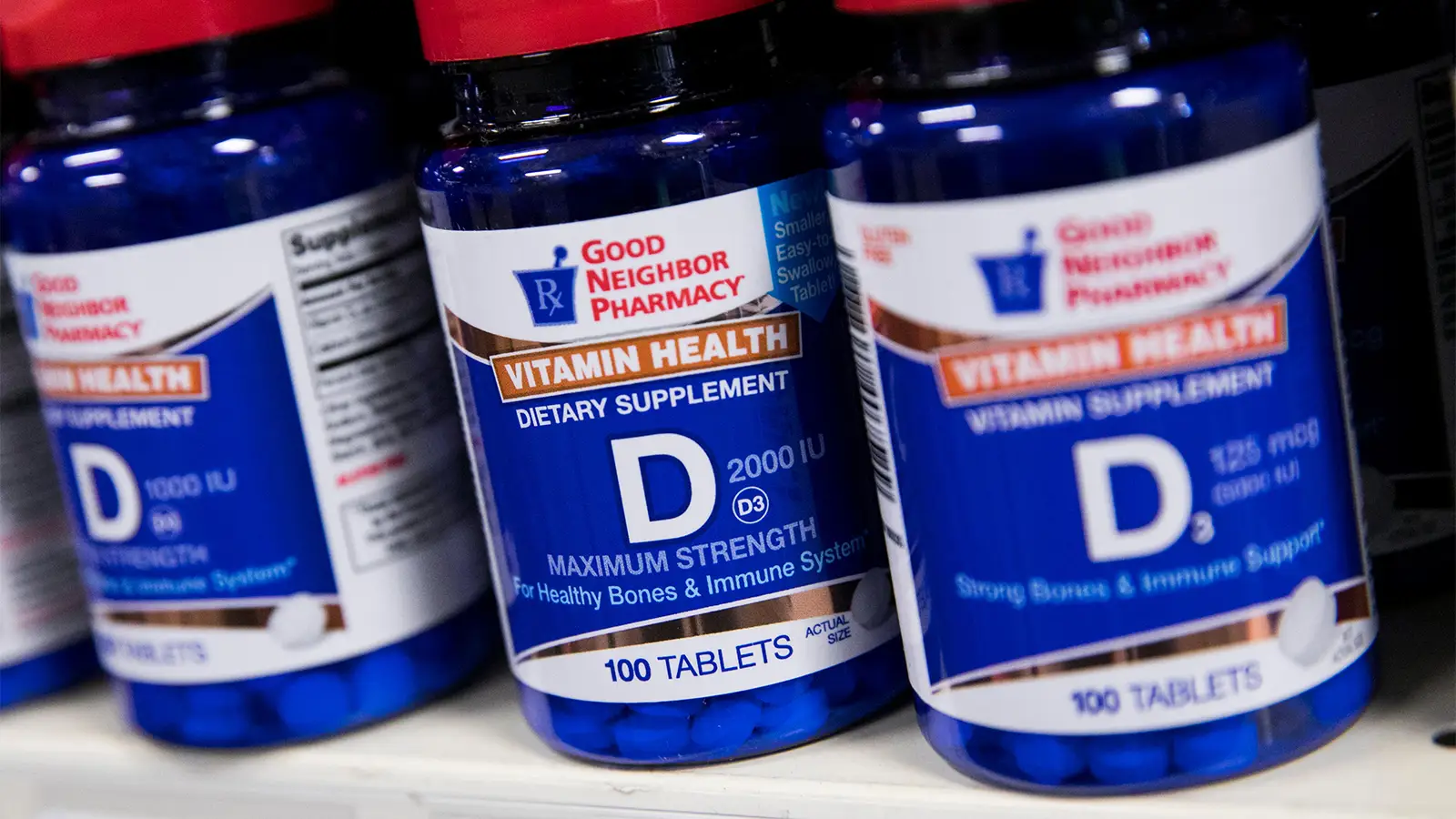Vitamin D and Depression
Experts aren’t sure if a lack of it leads to depression or if it’s the other way around. But studies show a link between the two. Research is ongoing to see if raising your vitamin D levels can help with symptoms and boost your mood.
Fight the Flu
Scientists are still figuring out exactly how well vitamin D can treat or even keep you from getting the virus. One study showed taking vitamin D drops in the winter helped lower the number of Japanese schoolchildren who got the flu. It’s clear it’s an important part of a healthy immune system. Your body can’t fight germs well if it doesn’t have enough.
Multiple Sclerosis
Studies show vitamin D may lower your chance of getting MS. It’s a disease where your immune system attacks the central nervous system. If you already have it, some studies show vitamin D can ease your symptoms or even slow the disease’s growth.
Heart Help?
There’s no solid proof vitamin D supplements lower your risk of heart attack or stroke. But there’s hope it might head off heart failure. Researchers are looking into it.
Cancer Connection
Vitamin D may curb your chances of certain cancers, like colon, breast, and prostate. The rates are even better when paired with calcium. In one clinical trial, African Americans’ risk went down 23% when they took vitamin D supplements.
Bone Builder
Healthy vitamin D levels can slow bone loss. It also helps ward off osteoporosis and lowers your chance of broken bones. Doctors use vitamin D to treat osteomalacia. That’s a condition that causes soft bones, bone loss, and bone pain.
A Link to Weight Loss
Want to shed pounds? Try vitamin D supplements. Taken with calcium, it can keep you from feeling hungry as often. This means you eat fewer calories.
Vitamin D is known to participate in the clearance of amyloid beta (Aβ) aggregates,7, 8 one of the hallmarks of Alzheimer’s disease (AD), and may provide neuroprotection against Aβ-induced tau hyperphosphorylation. Low levels of serum vitamin D have been associated with a greater risk of dementia and AD.


